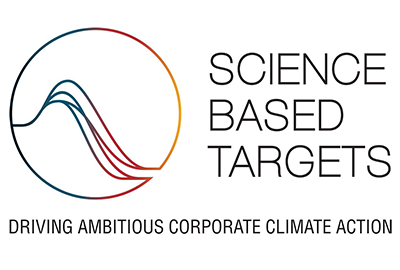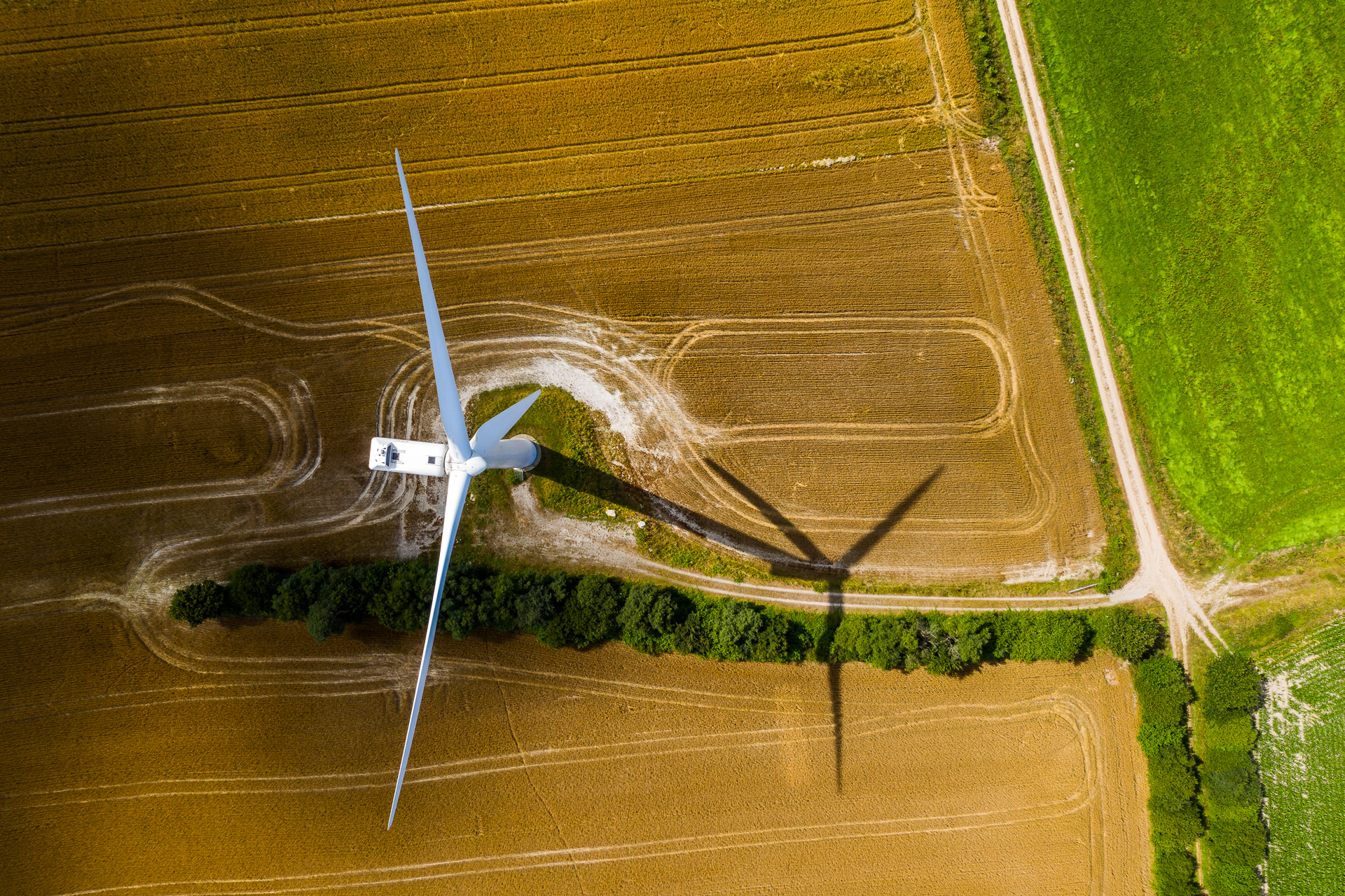
Une nouvelle feuille de route carbone pour atteindre, à terme, Zéro Émission Nette
Entre 2017 et 2022, grâce aux efforts conjugués de tous ses collaborateurs, Kallista Energy a pu réduit de plus de 40% ses émissions par salarié liées à ses activités de bureau (Scopes 1 et 2). Les actions mises en place, notamment sur l’électrification de notre flotte de véhicules et l’efficacité de nos équipements de chauffage, ont porté leurs fruits.
En 2023, une nouvelle feuille de route carbone a été définie et validée avec des objectifs à court-terme basés sur la méthodologie du Science-Based Carbone Initiative (SBTi) pour maintenir la contribution de l’entreprise en faveur de la lutte contre le changement climatique et ainsi atteindre Zéro Émission Nette d’ici 2050.
- Scope 3 : Kallista Energy s’engage à ce que 71 % de ses fournisseurs en termes d’émissions couvrant les biens et les services, aient des objectifs fondés sur la science d’ici 2027.
- Scope 2 : Kallista Energy s’engage à augmenter son approvisionnement annuel en électricité de 70 % en 2021 à 100 % d’ici 2030.
- Scope 1 : Kallista Energy s’engage à réduire de 50 % ses émissions absolues de GES d’ici 2030 par rapport à l’année de référence 2021

Pour la 6e année consécutive, notre entreprise a obtenu 5 étoiles au classement GRESB et se place en 4e position dans la catégorie « Production d’énergie éolienne / Exploitation & maintenance » en Europe en 2024.
Le GRESB est un organisme indépendant qui publie chaque année un classement des entreprises en fonction de leurs engagements en faveur de l’environnement, de la société et de la gouvernance (ESG).
- 01. Maintenir 100% de véhicules électriques dans notre flotte de véhicules
- 02. Bannir les vols intérieurs et limiter les vols internationaux
- 03. Éviter, réduire et recycler les déchets générés par nos activités (bureau et exploitation de nos infrastructures)
- 04. Améliorer l’efficacité énergétique de nos équipements
- 05. Encourager la prise en compte de critères ESG dans les activités relevant de notre scope 3
- 06. Développer les meilleurs projets possibles avec l’appui d’experts indépendants
- 07. Réaliser un chantier exemplaire pour chacun de nos projets
- 08. Veiller à la préservation de la biodiversité aux abords de nos infrastructures
- 09. Investir dans le renouvellement de nos parcs éoliens vieillissants pour optimiser la production d’électricité renouvelable
- 10. Valoriser les pales des éoliennes démantelées et contribuer à la recherche de solutions adaptées pour les volumes à venir
Pour la réalisation des études environnementales préalables à la construction d’un parc éolien ou solaire, nous faisons appel à des cabinets indépendants, reconnus pour leur expertise. Les études sur la faune, la flore, l’acoustique et le paysage sont menées en suivant scrupuleusement les normes en vigueur pour minimiser autant que possible l’impact environnemental du parc, de sa construction à son démantèlement. Les risques liés aux phénomènes physiques extrêmes, catastrophes naturelles et changement climatique sont également intégrés à ces études.
Dès 2017, Kallista Energy avait pris l’engagement d’araser totalement les massifs en béton des fondations des éoliennes lors du démantèlement avant que ce principe ne soit inscrit dans la Loi. Les terrains où étaient installés les éoliennes peuvent donc être restitués aux agriculteurs dans leur état d’origine.
Par ailleurs, nous cherchons à limiter l’impact environnemental de nos équipes au quotidien : électrification de notre flotte de véhicules, tri et valorisation des déchets dans les bureaux, remplacement des équipements (lampes, chaudière…) par des appareils plus efficaces en énergie.
Benjamin, écologue chez Kallista Energy, revient sur les étapes et la durée de la réalisation d’une étude d’impact écologique sur la zone où est implantée un parc éolien.
Quelles mesures peuvent-être mises en place pour limiter l’impact des éoliennes sur les oiseaux et les chauves-souris ? Est-ce qu’avec le renouvellement des parcs éoliens le suivi et les impacts restent maitrisés ? Retrouvez l’intégralité de son témoignage.
